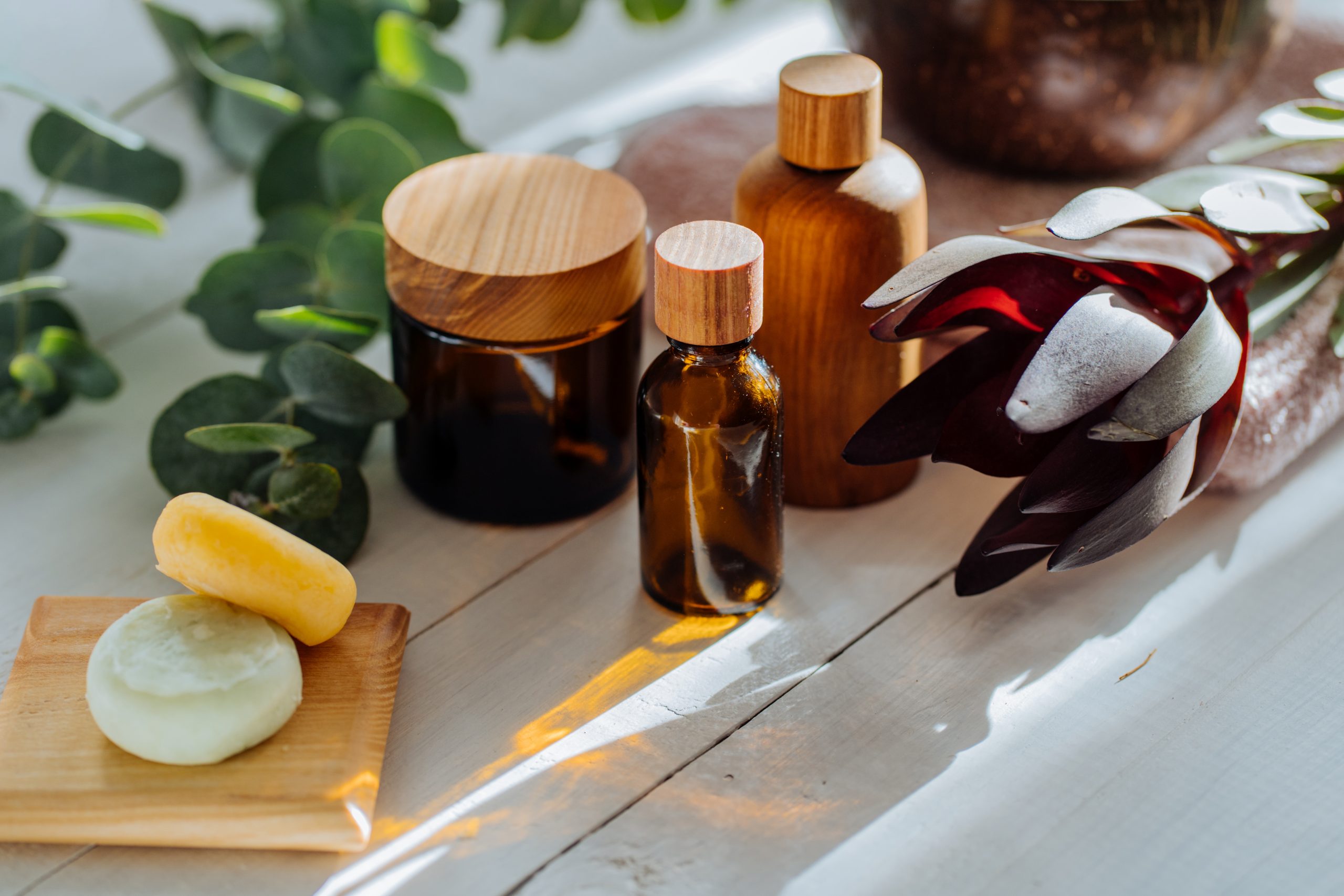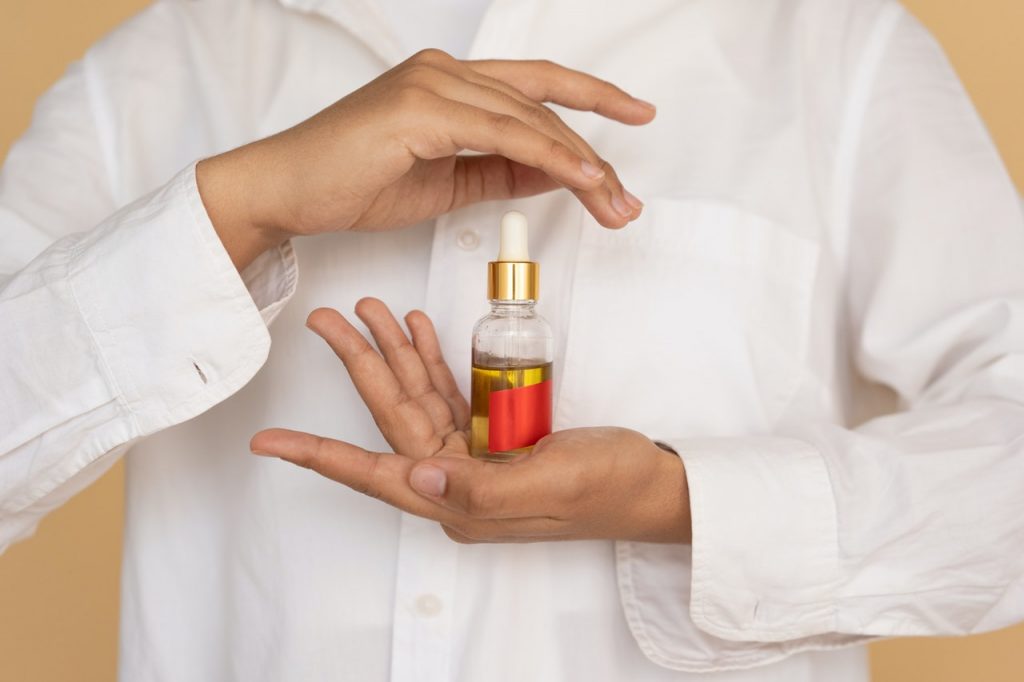
Sponsored article
The editorial office is not responsible for the content of the article and the personal views of the author.
Retinol is one of the most popular ingredients in creams, serums and lotions used to slow down skin aging. But the properties of the substance don’t end with improving skin condition. What exactly is retinol? How does it affect the human body? Are there any contraindications associated with the use of retinol?
Retinol is the basic form of vitamin A and the prototype of other retinoids. It is fat-soluble and when supplied in excess, it accumulates in the body. The best source of retinol remains diet. The substance is present in milk and dairy products, liver, fish and meat
Vitamin A is very important for the proper functioning of the body. Retinol affects the process of vision, growth of epithelial tissue and other cells of the body. It has anti-cancer effects, strengthens the immune system and prevents infections. The basic form of vitamin A helps fight bacteria and viruses, protects the epithelium of the respiratory system from pathogens and regulates the proper functioning of cell membranes
Retinol applied to the skin will promote skin renewal. It will positively influence the differentiation of epidermal cells, which will result in the improvement of tissue condition. In the dermis layer the substance stimulates collagen and elastin production. Thanks to this action, elasticity and tension are improved. The skin becomes smooth, firm and properly nourished. Wrinkles are less visible, in addition, the process of appearance of further imperfections slows down.
What is important, retinol also turns out to be an effective remedy for sun spots and those caused by hormones. The substance has exfoliating properties and reduces the production of melanin-producing cells. Retinol is also used to treat skin damage associated with excessive sun exposure, such as sunburn. Vitamin A is also used in slowing down the photo-aging process.
Retinol also has valuable properties from the perspective of owners of problematic complexions. Thanks to its normalizing effect, the substance regulates the work of sebaceous glands. It visibly reduces the formation of pimples and improves the condition of oily skin.

People with sensitive skin should be careful when using creams with retinol. The substance may cause irritation or excessive dryness. Therefore, if you have delicate skin prone to react to cosmetics with redness or burning, it is worth performing an allergy test on a smaller area before using a product with retinol. What’s more, some studies indicate that the surface-applied basic form of vitamin A can enter the bloodstream. This means that retinol should not be used by pregnant women. The substance may act teratogenically and cause fetal malformations.
Retinol has a beneficial effect on the condition of the skin, it is important for the process of seeing and functioning of the immune system. In order to prevent deficiencies, it can be taken with food and by applying preparations enriched with it to the skin. Cosmetics with retinol are especially suitable for wrinkle prevention. Before using them, you should be aware of the contraindications and, if necessary, make a test on a smaller area of skin.
Photo Iryna/Adobe Stock